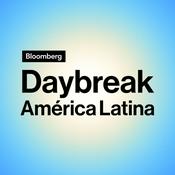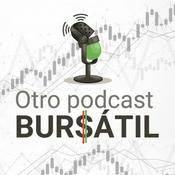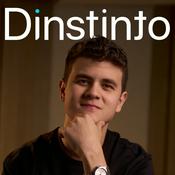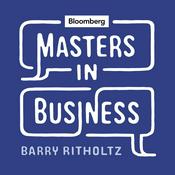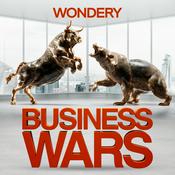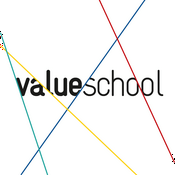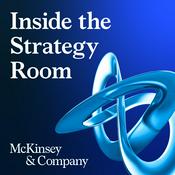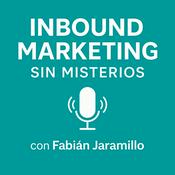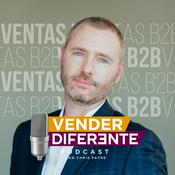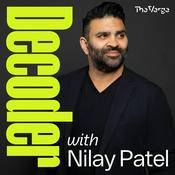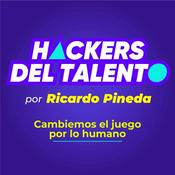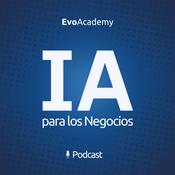700 episodios
- What if the AI you integrate into your organization isn't just about efficiency or creating digital assistants, but completely changes how you work? Longtime digital trend watcher Don Tapscott says the next wave of artificial intelligence is all about identic AI - where personalized agents don't just complete tasks, but understand your judgment and values and take actions on your behalf. He explains the technologies for this that already exist amid the rise of agents and bots, what it means for leaders and organizations, and the pitfalls to look out for. Tapscott is author of You to the Power of Two: Redefining Human Potential in the Age of Identic AI.
- What if your customers aren't looking for better products and services, but for a way for themselves to become better? While the experience economy remains important, Strategic Horizons cofounder B. Joseph Pine II argues that it's not enough to acquire and retain customers in today's competitive environment. He sees the next wave in business as one focused on offering outcomes to customers - and that might even mean only getting paid when customers succeed. He shares how this model might actually reduce risk, what it means in a world of AI and mass personalization, and ways that companies can truly deliver on their promises. Pine is author of the book The Transformation Economy: Guiding Customers to Achieve Their Aspirations.
- Difficult change is an inevitable part of life, but few of us have the skills and mindset to handle it well. That can trickle into our work and careers, but there are lessons from psychology that can help us be more resilient. Dr. Maya Shankar, cognitive scientist and host of the podcast A Slight Change of Plans, shares concepts that can help you react, reframe, and adapt in life or work. She offers evidence-based strategies for leaders navigating personal, organizational, and technological upheaval—from burnout and culture shifts to AI-driven transformation. Shankar is author of the book The Other Side of Change: Who We Become When Life Makes Other Plans.
- What does it take to stay agile and compete effectively in today's business world? Smart leaders are entirely reorienting their organizations around project-based work, says Antonio Nieto-Rodriguez, CEO of Projects & Company. This requires learning how to better prioritize, fund, and staff these initiatives; measure and incentivize success; and quickly end projects that aren't working so resources can be diverted to ones that are. He explains why executives must radically rethink how they and others spend time, how work gets done, and the eventual pay-off of this kind of reorg. Nieto-Rodriguez wrote the book Powered by Projects and the HBR article "The Project Driven Organization."
- Over the years, investor Ray Dalio built his hedge fund, Bridgewater Associates, into one of the largest in the world. He's done that in part by understanding the history of economic cycles and macroeconomic trends. He's also made shrewd investing and management decisions and stands by his values. He shares where he sees the U.S. today in terms of economic power and the progress that leaders of all kinds need to make to better the situation, as well as his personal views on how to lead well. Dalio is the author of How Countries Go Broke: The Big Cycle.
Más podcasts de Economía y empresa
Podcasts a la moda de Economía y empresa
Acerca de HBR IdeaCast
A weekly podcast featuring the leading thinkers in business and management.
Sitio web del podcastEscucha HBR IdeaCast, Bloomberg Daybreak América Latina y muchos más podcasts de todo el mundo con la aplicación de radio.net

Descarga la app gratuita: radio.net
- Añadir radios y podcasts a favoritos
- Transmisión por Wi-Fi y Bluetooth
- Carplay & Android Auto compatible
- Muchas otras funciones de la app
Descarga la app gratuita: radio.net
- Añadir radios y podcasts a favoritos
- Transmisión por Wi-Fi y Bluetooth
- Carplay & Android Auto compatible
- Muchas otras funciones de la app


HBR IdeaCast
Escanea el código,
Descarga la app,
Escucha.
Descarga la app,
Escucha.


